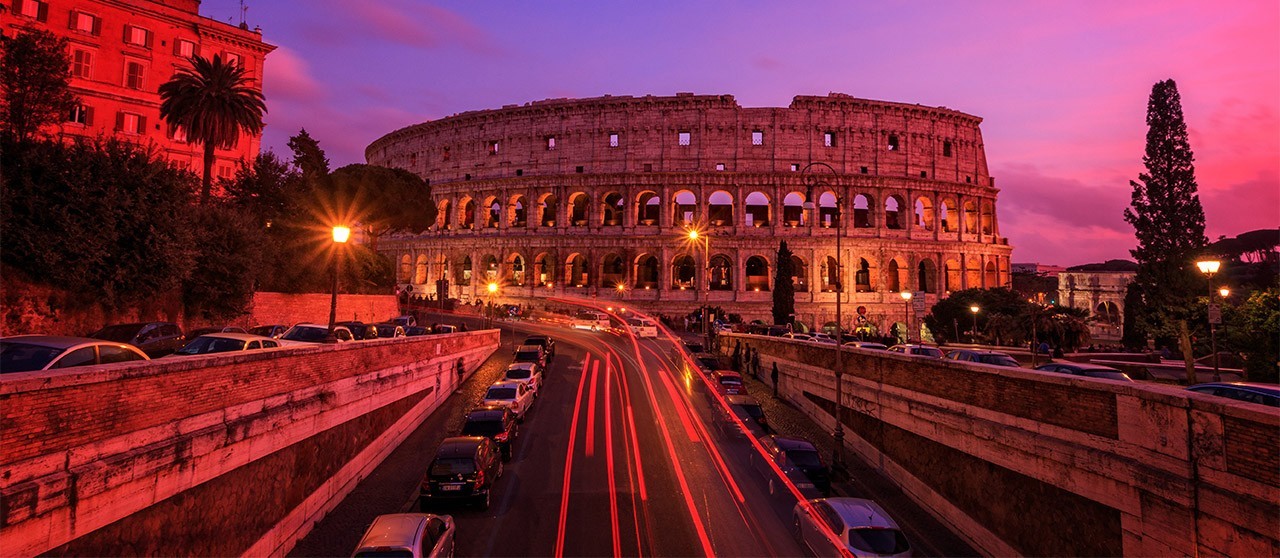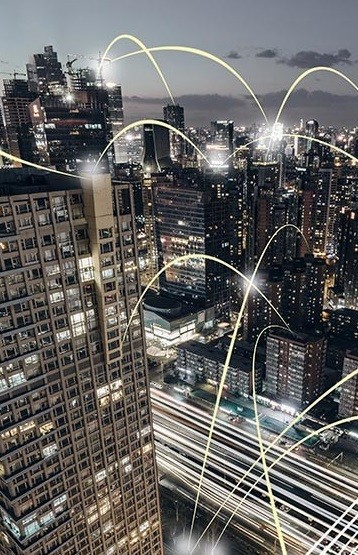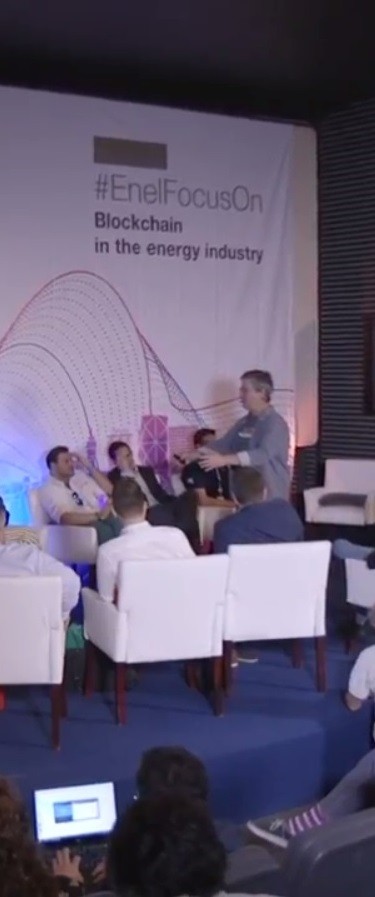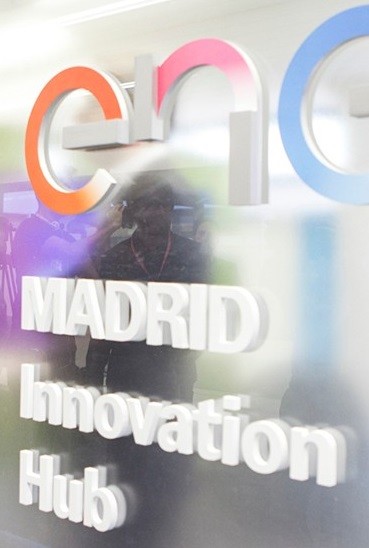“The driving range for electric single-seaters has doubled in the last four years, from next season one vehicle will be able to complete the entire race alone, compared with two today. This for us is the magic of Formula E.”
“E-mobility is an industry where a lot is happening very quickly,” explained Alberto Piglia, Head of e-Mobility, Enel X. “It had been given considerable impetus by car manufacturers, who are increasingly committing to electric solutions, which means that the number of models on offer has increased enormously. We envisage exponential growth.” In Italy, the latest projections predict a remarkable increase in the number of EVs which could grow from 0.5 million today to 1.5 million over the next six years.
“Furthermore governments – explained Piglia – are offering incentives for EVs in order to reduce pollution and improve quality of life. So the consumer is beginning to see the advantages: the e-car saves time, because it can be charged while it’s parked on the street or in a garage, and we are no longer obliged to queue when we fill up the tank. E-cars are excluded from the periodic traffic blocks and owners can earn money when the car is parked, and it becomes a battery on wheels that is extremely useful in stabilising the grid with our Vehicle-to-Grid technology.”
“Recycling programmes are increasingly advanced, meaning that used batteries are no longer a source of pollution but can be reused for other purposes. A real revolution in the concept of mobility is happening now.”
Digital Darwinism
After the introductions, it was over to the keynote speaker, Brian Solis, the American anthropologist, futurologist, digital analyst and author of several books on the impact of technological evolution on society. “This is the first time I’ve been to Rome, so of course I wanted to see the city,” said Solis. “At the Trevi Fountain, the guide explained that a long restoration process means that we can finally see it in its original splendour, which had previously been lost beneath the dark covering of decades of pollution. And it was there, looking at the incredible beauty of this monument, that I thought to myself: this alone would be enough to convince me to buy an electric car. Just the knowledge that I will pollute less.”
Solis calls himself a fervid consumer when it comes to e-cars, a proper geek: “I am convinced that the future of our mobility is electric and shared. Today’s society is structured around what I call ‘digital Darwinism,’ in other words, an ecosystem in which technological development stimulates a continual redefinition of the paradigms.”
“Only those who rapidly adapt and evolve survive, those who don’t are destined to succumb. So when a new form of technology comes along, we’d best adapt to it fast.”
“In many countries, like the US or Germany,” continued Solis, “the car is still a status symbol: this is why electric solutions are not taking off. I want my car to be fast, tough and roaring, I don’t care if it is sustainable. So the success of e-cars depends mostly on a change in lifestyle.”
This has also to do with sound, added Alberto Piglia. “For many, noise is essential in choosing a model. Sound contributes to the brand, so we need to make e-cars sound cool to the ears too, making sure they emit a pleasant noise. Something like the sound of silence, with an added extra.” Something like “The Sound of Silence” in the famous Simon & Garfunkel song where it is the whisper of “a vision softly creeping”: perhaps a vision of the future.
Another problem, Solis continued, is infrastructure: “In Silicon Valley, where I live, all my friends with EVs plan their movements on the basis of the charging points on offer, and they experience this as a limit to their freedom. They may be right, but it is also true that the average range reached by an e-car today covers 90 percent of our movements which tend to be within the urban limits.”
“What’s good is that mobility in general is changing, and with that, our relationship to it: increasingly people are beginning to think about it not as a personal asset (the car) but as a service (car sharing).”
Changing lifestyles
Lastly, there is what the futurologist identifies as the most significant hurdle to overcome: “We tend to think about our convenience and our comfort here and now, rather than the environment and what kind of planet we are leaving our children.” So, the secret to spreading the e-mobility philosophy is “to make sure that it is practical, that it helps us save time and money, and also that it is cool. This last aspect is being taken care of by Formula E: I can’t imagine anything cooler than that. And as for convenience, ideas like V2G (Vehicle-to-Grid) are exactly what is needed: when I found out how it worked, it blew my mind.”
Summing up, Solis sees no other choice but to radically change lifestyle. This is the closing appeal he made to the influencers in the room: “Convince your followers to do it or, at the very least, to try it: it’s worth it.”
The influencers present reacted enthusiastically to his call: “We are living in a time of technological change which is growing exponentially, this makes me feel very optimistic: we just have to roll up our sleeves and keep going” said Jeremy Leggett, a British entrepreneur in solar energy with a background at Greenpeace. “Our governments should guide this change, but not on their own: the contribution of the big companies is vital for improving the future of the planet,” added Brazilian Valquíria Daher from Projeto Colabora. Her thoughts were echoed by Andrés Motta, from Colombia: “There is only one word to describe what Enel is doing to develop e-mobility: pioneers.”
In a world ruled by “Digital Darwinism” changing lifestyle is not a choice. As Ryan O’Keeffe highlighted in closing, “There may still be many problems today, and we don’t yet have all the solutions. But we are talking about it, and this is essential because the times are more than ready and the future of e-mobility is now. To quote Victor Hugo, no army can stop an idea whose time has come.”





